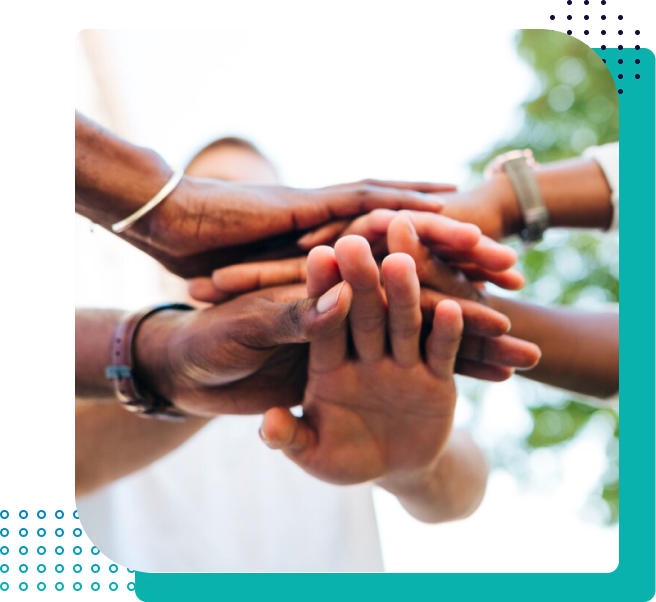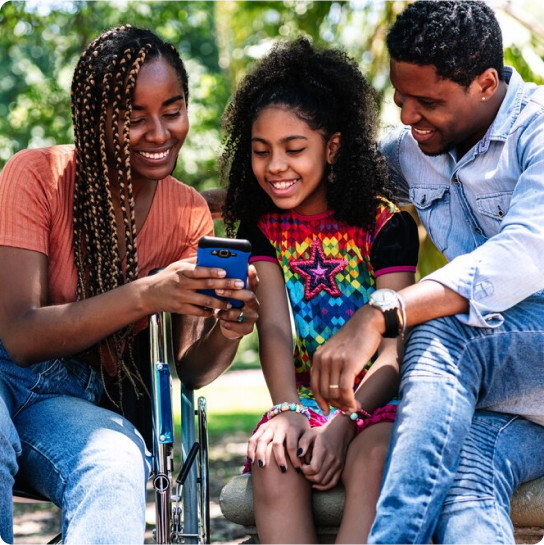Financial Literacy
By equipping individuals with essential financial knowledge, KontoMoney empowers communities to make informed financial decisions, leading to improved financial stability and independence.

Providing transparent and accessible financial education helps build trust between KontoMoney and the communities it serves, fostering long-term customer relationships. KontoMoney’s comprehensive approach to financial literacy, delivered through its extensive network of agents and community partnerships, plays a crucial role in enhancing financial well-being and fostering economic growth across Nigeria.
Dimensions of Financial Literacy

1. Comprehensive Education
Community Workshops: Held in urban, semi-urban, and rural areas, teaching basic financial principles and the benefits of digital banking.
Specialized Seminars: Focus on topics like investment strategies, debt management, and small business financing with expert speakers.
Brochures and Flyers: Easy-to-understand financial information distributed at agent locations.
Digital Content: Videos, infographics, and tutorials available via the KontoMoney app and website.
2. Personalized Financial Guidance
One-on-One Counseling
Financial Health Check-Ups: Personalized assessments to help customers understand and improve their financial health.
Goal Setting: Assistance in setting and achieving realistic financial goals.


3. Practical Tools and Resources
Expense Trackers: Tools in the KontoMoney app to track spending.
Budget Planning Templates: Available online and at agent locations.
Customized Savings Plans: Tailored to individual goals with automatic deposit options.
Investment Guidance: Information on fixed deposits, government bonds, and mutual funds.
4. Community Engagement
Local Partnerships
NGOs and Community Groups: Extend program reach and address specific needs.
School Programs: Teach financial literacy to students.
Public Awareness Campaigns
Media Campaigns: Promote financial literacy via radio, TV, and social media.
Community Events: Engage and educate the community at local events.


5. Inclusive Initiatives
Women and Youth Programs: Special workshops and resources.
Programs for Elderly and Disabled: Accessible content tailored to their needs.
Multilingual Resources: Ensure comprehension with materials in local languages.
Culturally Relevant Content: Respect local practices and norms.
6. Continuous Learning
Regular Updates: Keep materials current.
Agent Training: Enhance agent ability to deliver effective education.
